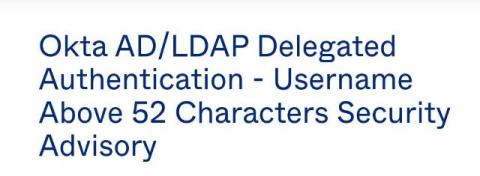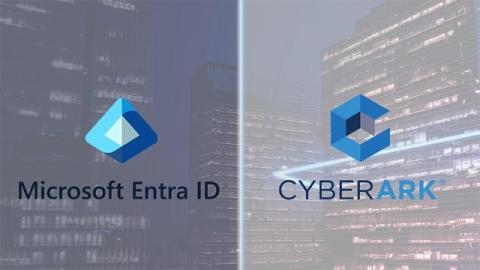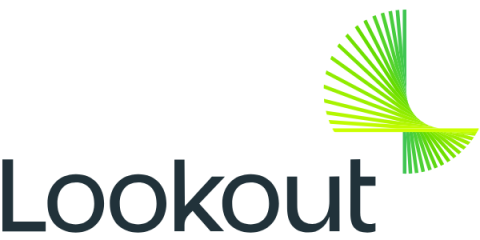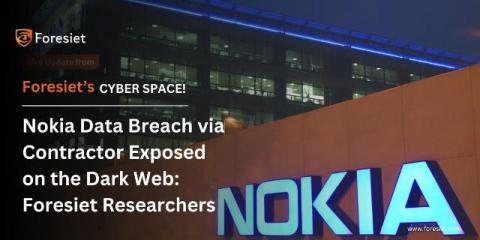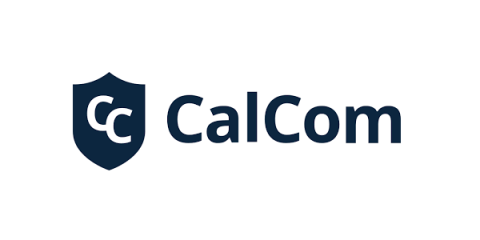Okta vulnerability explained (bcrypt auth bypass)
Okta Bcrypt Authentication Bypass Explained Last week, on October 30th, Okta released an interesting security advisory detailing a vulnerability that could potentially lead to an authentication bypass. According to Okta, the vulnerability was discovered during an internal review and was promptly addressed. Okta was transparent about the issue, sharing the details publicly.


